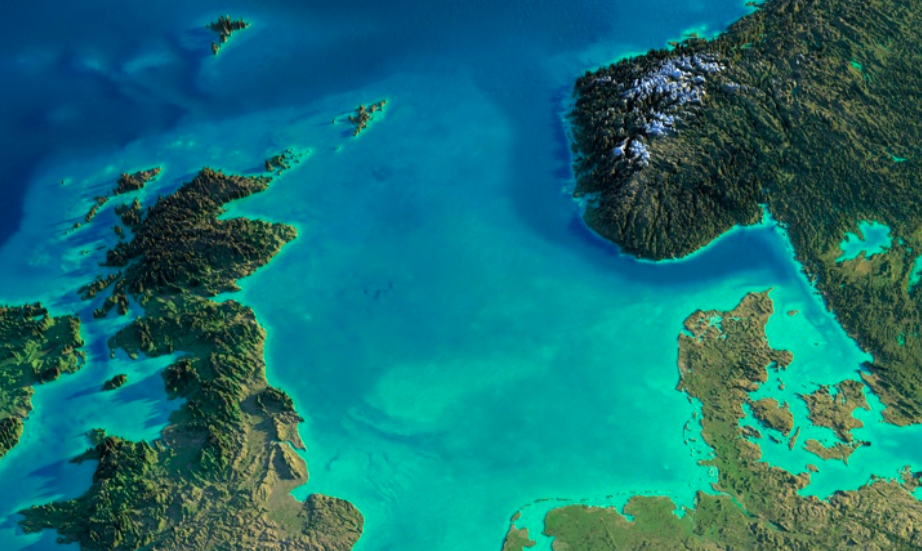Norway has become the first country in the world to move forward with the controversial practice of commercial-scale deep-sea mining despite protests from across the globe
Parliamentarians in Oslo passed the bill today (January 9) will accelerate the hunt for precious metals below the seabed, which are in high demand for green technologies.
Environmental scientists have warned it could be devastating for marine life.
The plan concerns Norwegian waters, but agreement on mining in international waters could also be reached this year.
The Norwegian government said it was being cautious and would only begin issuing licences once further environmental studies were carried out.
The deep sea hosts potato-sized rocks called nodules and crusts which contain minerals such as lithium, scandium and cobalt, critical for clean technologies, including in batteries.
Norway’s proposal will open up 280,000 sq km (108,000 sq miles) of its national waters for companies to apply to mine these sources – an area bigger than the size of the UK. Norway is one of the world’s richest nations thanks to the discovery of huge oil and gas reserves in the North Sea half a century ago, which has been carefully invested by the government for the people.
Although these minerals are available on land, they are concentrated in a few countries, increasing the risk to supply, say supporters of the Norwegian plan. For example, the Democratic Republic of Congo, which holds some of the largest reserves of cobalt, faces conflict in parts of the country.
Walter Sognnes, co-founder of Norwegian mining company Loke Minerals, which plans to apply for a licence recognised that more needs to be done to understand the deep ocean before mining begins.
There is yet no set timeline for when exploration could begin, although the plan is to award companies exclusive rights to exploration and potential extraction from specific areas after an after application process.
The process will be modelled on that established for Norway’s oil and gas exploration, while matters such as taxation would be debated at a later stage, a policy maker told Reuters.
“We’re now going to see if this can be done in a sustainable manner, and that is the step we have taken now,” Energy Minister Terje Aasland told parliament.





